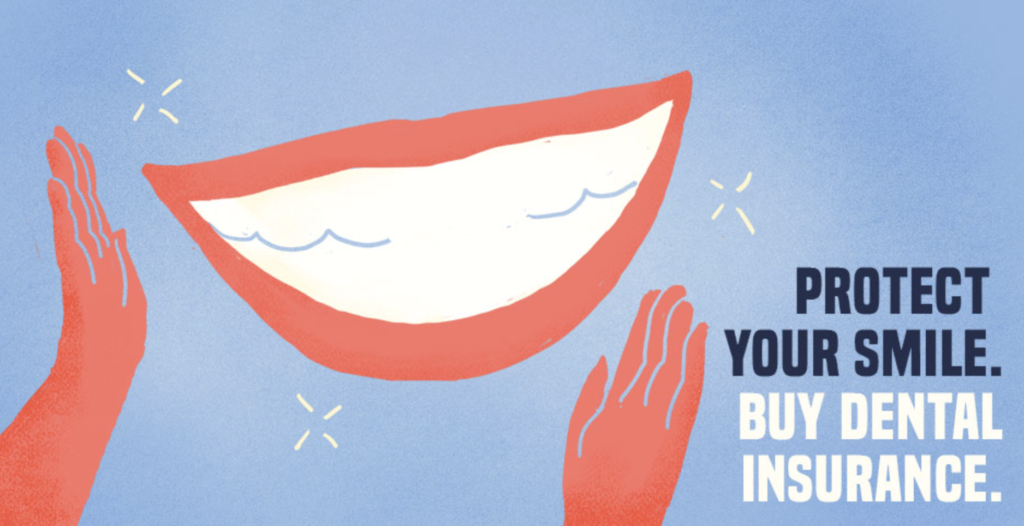
Intro:
Maintaining oral health is just as important as maintaining physical and mental health for freelancers.
Out of the 74 million freelancers in the United States, an estimated 51 million identify as solopreneurs. Studies show that entrepreneurs are happy to keep their companies small.
However, keeping them small means that their revenue streams rely on them. Work stops if they become sick, must take time off, or incur other business interruptions.
Freelancers who cannot work for extended periods must pad their incomes. In addition to building a financial safety net for the unexpected, independent contractors must remain healthy.
Dental insurance helps entrepreneurs keep their oral health problem-free. It also encourages them to schedule routine visits since there is a cost associated with dental insurance policies.
The following are three reasons why freelancers need dental insurance.
1. Encourages Routine Visits
Successful entrepreneurs remain vigilant over their finances. Solopreneurs can earn six figures annually. Nonetheless, freelancers remain susceptible to seasonal demand and economic changes.
Even their most lucrative clients can pull back on contracts if they feel economic pinches.
The average monthly cost for self-employed dental insurance hovers at $49 monthly. Annually, the price equals almost $600. Dental cleanings average $150 for each visit.
Thus, mathematically, entrepreneurs will question purchasing the policy over paying for their bi-annual visits in cash.
Dentists use routine visits to clean their patients’ teeth and examine other oral health factors. Dental professionals use visual exams and x-rays to obtain an overall picture of their patient’s oral health.
Independent contractors may not feel pain or discomfort. However, they may have trouble brewing under the surface. Therefore, insurance covers the cost of routine visits and defrays the cost of surprises, such as cavities.
2. Reduces Costs for Preventive Care
Since paying for dental insurance encourages entrepreneurs to schedule regular dental visits, dentists can spot issues before they become severe.
Although patients will pay for minimal cavity fillings, they’ll catch them before the cavity eats more significant portions of teeth.
Staying healthy is the best way to manage dental, health, and mental costs. The next step in reducing them is to pay for preventive care.
Dental insurance policies help reduce the costs of preventive oral care.
Once dentists start drilling into their patients’ teeth, the teeth are never the same. Nonetheless, patients who agree to have their cavities cured and filled prevent further damage and the need for more painful procedures, such as root canals.
Some average dental procedure costs that patients will incur are:
- $100 to $250 for fillings
- $800 to $1,800 for crowns
- $100 to $800 for teeth extractions
- $1,000 to $1,500 for root canals
- $1,000 to $8,000 for dentures
Dental insurance plans will cover 100% of the costs for bi-annual routine exams. Then, the policies might cover 80% of the costs for preventive care, such as fillings.
Thus, patients may only pay $20 to $100 for cavity fillings instead of the original price.
3. Reduces Costs for Major Dental Care
Several factors impact the oral health of individuals. It starts with genetics. Some families become prone to cavities since soft enamel runs in the genes. It’s an unfortunate reality.
The good news is that daily care can push back against genetics, especially since the dental care aisle is now full of fluoride, anti-cavity, and enamel-strengthening products.
Mouthwash has become more versatile and vital for oral health care routines in the last five years.
Even the most vigilant individuals can develop major oral health problems. Therefore, insurance helps defray the costs of major dental procedures.
Dental plans might not cover 100% or 80% of the costs of major procedures. However, they will cover 30% to 50% of the costs. Paying $500 instead of $1,000 for a new crown makes a difference for freelancers.
It also makes it cost-effective to agree to two instead of one.
More importantly, dentists can spot other oral health care issues that can lead to lost teeth, cancer, or health problems.
Conclusion
Since many freelancers identify as solopreneurs, they must remain in good health. Otherwise, pain and discomfort compromise their ability to work consistently and deliver high-quality work. Freelancers need dental insurance to keep up with routine visits. Then, it helps reduce costs for preventive care and major dental procedures.
Leave a Reply